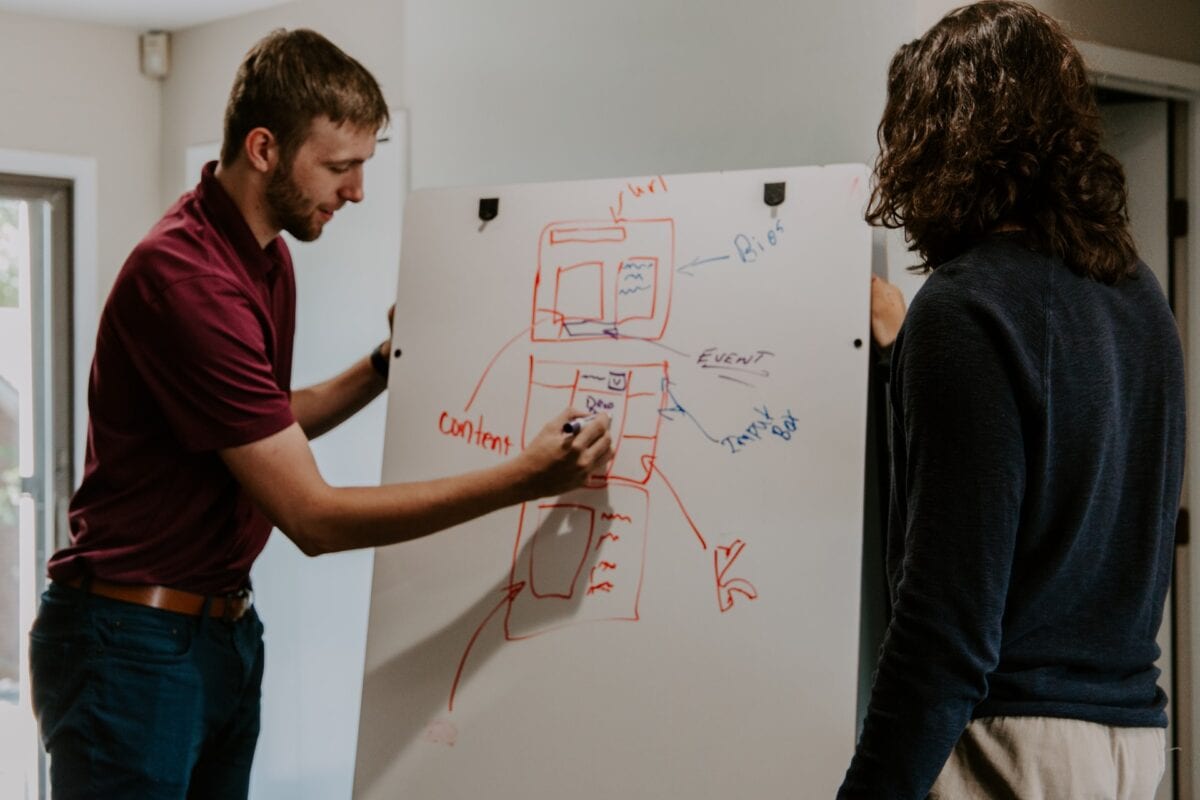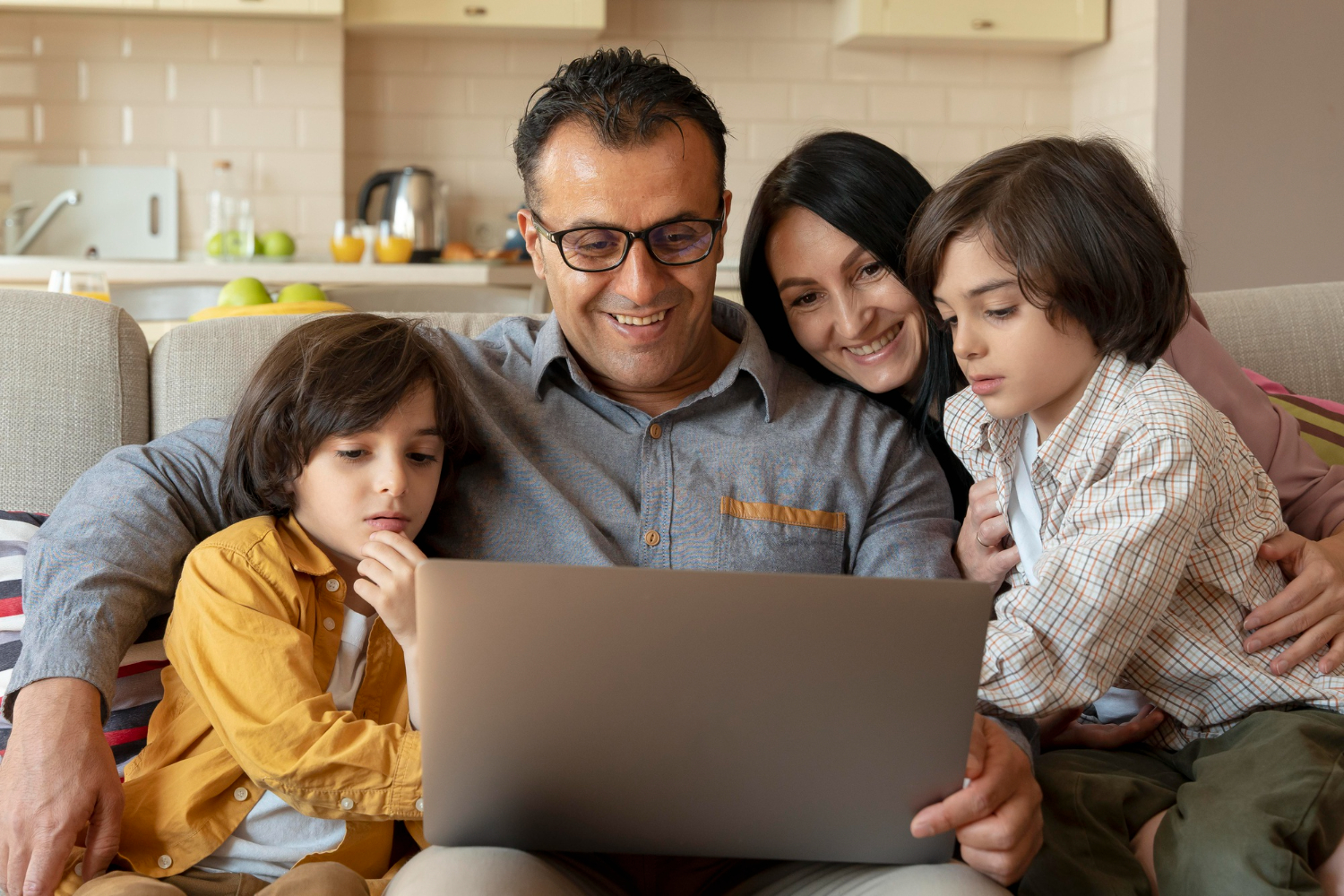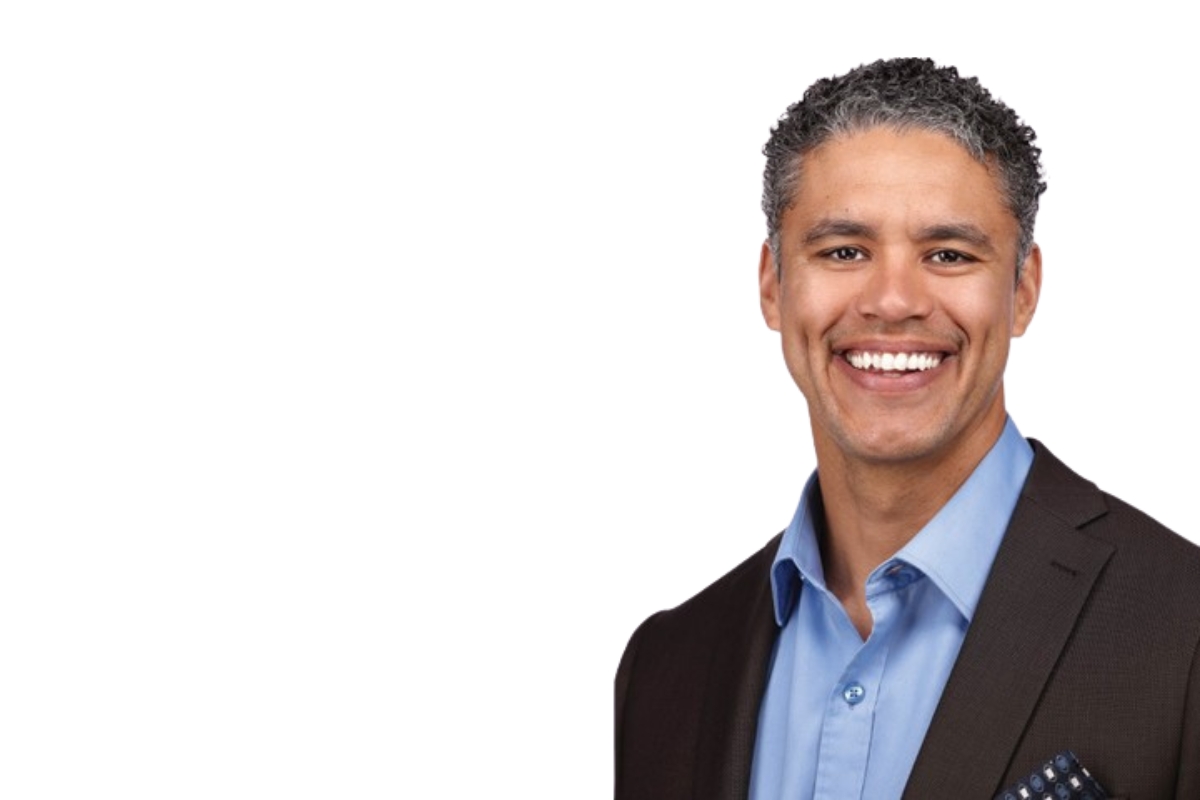Dr. Breanne Everett is the CEO of Orpyx Medical Technologies, which she co-founded when she was just 25. She developed the SurroSense Rx, a pressure-sensitive shoe insert for people suffering from diabetic peripheral neuropathy, the loss of feeling in the feet and lower legs caused by diabetes. The goal of the device was to save the limbs – and lives – of diabetes patients. A recipient of the Governor General’s Award for Innovation in 2016, Dr. Everett spoke with The Edge in a previous edition of our Winners’ Circle. Below is an excerpt from that interview.
After studying biochemistry and medicine, you chose to enter an MBA program. What gave you the courage to take that plunge into a different field of study?
I would say it felt less like a plunge and more like a natural extension of my training. My scientific and medical education had led me to a point where I was able to appreciate that there was this tremendous clinical need that existed and was unaddressed. My background was not business-focused. I essentially needed to address that blindspot, so I did that with the MBA training. I was using the MBA for a very specific purpose: to better my ability to establish and grow this company, which seemed like the natural thing to do because the company would be rooted in the medical side that I was familiar with. It was almost like I was doing a practicum in business at the same time I was learning about business. If I hadn’t been doing that, it would’ve been much more difficult to jump straight from the medical science world directly into the business world.
How would you characterize your leadership style?
I would say that I’m a doer; I tend to lead by example. I have a strong work ethic, I’m very motivated and goal-oriented. I’ve pushed through despite failure. There are many bumps along the road for a startup, but I can look beyond short-term failures and keep my eyes on the prize. I’ve definitely found it more challenging being an active mentor and working on others’ inefficiencies. I find that I naturally revert to doing and hoping other people follow. I have to really work on thinking about being a coach to others and delegate. I’m not naturally that good at it, so that’s something I do work on.
Do you feel that being a woman meant you had to fight harder to prove yourself?
I don’t know if it’s meant that I’ve had to fight harder, but it does come with its own set of challenges. I certainly go into situations seeing myself as a role within the company – I’m the CEO, not the female CEO. To a large extent, I don’t let people fall into that trap of seeing my role as defined by my gender. I feel people get over those gender biases pretty quickly, for the most part, once you show people that you can do the job just as well as anyone else. I came from an area of surgery that tends to be very male-dominated, I was very used to working with men. I also attended conferences that were male-dominated, and this is definitely also the case in the technology world where you’re surrounded by men all the time. One of the things that’s enabled me to be successful is that I don’t focus on that. I’ll be at a 1,000-person conference and only realize by the second day that I’m one of two female attendees. I’ve been able to find a tremendous group of people including employees and investors who support this company with a shared vision. I surround myself with a very supportive environment that is focused on gender equality.
Would you say there are certain habits or practices that can help to foster innovation in a person? What about in an organization?
There are parallels between both. The biggest thing is not being afraid of failure. If you’re afraid of failure, you’re not going to take risks. Look at small children and the way they respond to their environments: the things you can do to encourage a child to do something new, to try anything, to have the confidence to be okay with failure. We need to encourage risk-taking and potential failure in ourselves, in our employees, and in the company as a whole. We should encourage a significant focus of the company being on the actual research rather than development side of things, say 90% on research to 10% on development.
Do you have mentors who have helped guide your career?
Yes, for sure. I would say there are multiple people who fit into that category. What I tend to do is to look at features or characteristics of people that I look up to and try to emulate them. There are people who I find to be very good at the technical aspects of business, some people are very good at dealing with people, some people are very good at delegating, some people are very good at balancing work and family life. From a business perspective, I see our president, Lew Turnquist, as quite a great mentor in that regard. He’s been tremendous in showing me the ropes and providing insights gleaned from years of business experience.
Who would you say inspires you the most?
I think of inspiration as something or someone who enables you to look beyond the immediate glow or stumbling blocks and forces you to look higher and forward. My husband is certainly that person for me. He’s a super sounding board and a total rock with everything. Having somebody like a “glue” in my life has been a huge inspiration.
How much of a role does money play in being able to create time for medical professionals to innovate?
I don’t think that’s the biggest stumbling block. In terms of ideating and early-stage development, the process is relatively inexpensive. You can get quite a long way with very little money. And there’s money available through grants and angel financing – you can find the money to start. You can even do a lot with nothing. It’s when you start to really grow a company that the money is required. The fact that we’re not even seeing companies start should show that it’s not the money that’s the primary driving issue here.
What lessons did your own parents impart to you that you feel contributed to your success?
They strongly value a very committed work ethic. I don’t come from an affluent family; it was very modest. But my parents both worked extremely hard. Seeing that makes you do the same thing because you tend to emulate what you see. My siblings and I are workaholics. We love working hard and seeing our parents’ example and having them encourage us to do whatever we wanted to do. Having the ability to take risks, focus on creativity: all of these are the key aspects of what made our upbringing what it was.
Mary Beltran | Contributing Writer




















